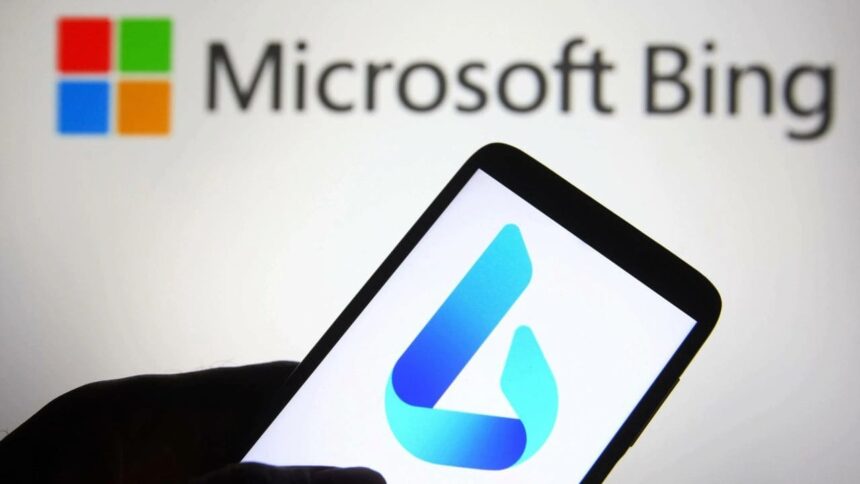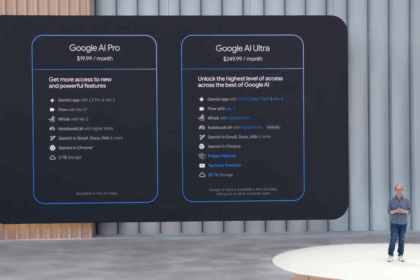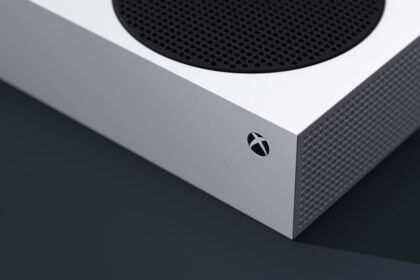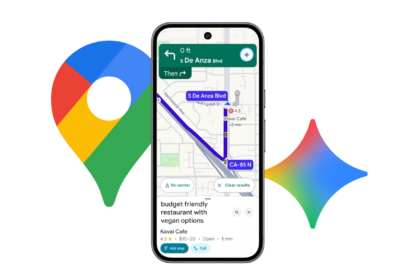For years, the War of Web search engines has been largely dominated by Google—a fact that’s no secret. Despite the presence of other solid alternatives, we’ve all grown accustomed to the quality of search results Google provides. However, this gap, once huge, has steadily been closing over time.
Microsoft has had Bing as its search engine for many years, but it was never really a competitor. That is, until now. According to recent data shared by Windows Latest, Bing’s market share has been increasing, while Google’s has slightly decreased. This is quite significant, as it gives a clear snapshot of the current state of the search engine world.
The shift in this dynamic is noteworthy, showing how the search engine landscape is evolving and how Bing is finally gaining more ground.
Bing increases its quota to 12.2% while Google falls to 79.10%
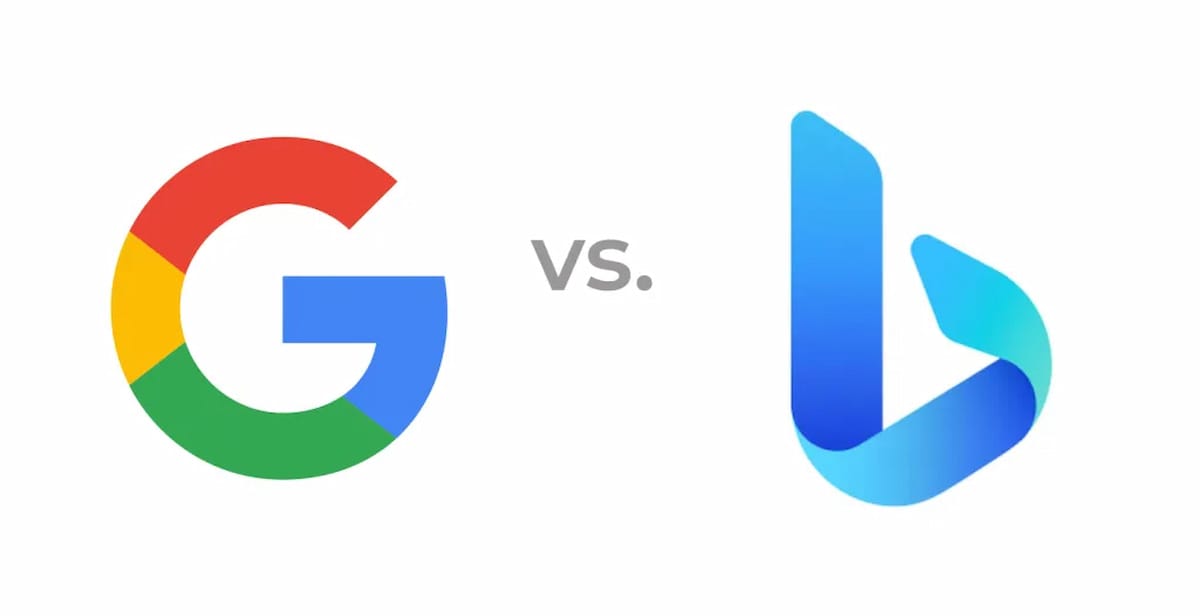
When we hear that Bing’s market share has increased while Google’s has slightly dropped, it’s easy to assume that Microsoft’s efforts to enhance its search engine and integrate Copilot AI are the main driving forces behind this shift. However, the reality is a bit more nuanced.
To understand this trend, let’s look at some context. Back in 2020, one out of every sixteen searches made on the internet came from Bing. Fast forward to 2025, and that figure has improved to one in eight searches. In other words, Bing’s market share has gone from 6.14% to 12.2%—a significant jump over the years.
According to Statista, a detailed breakdown of the current search engine market share shows Bing at 12.21% while Google now commands 79.10% of the market. If we take a look at Bing’s gradual rise, it started at 6.14% in 2020, bumped to 6.45% in 2021, and has steadily increased to 12.21% in 2025.
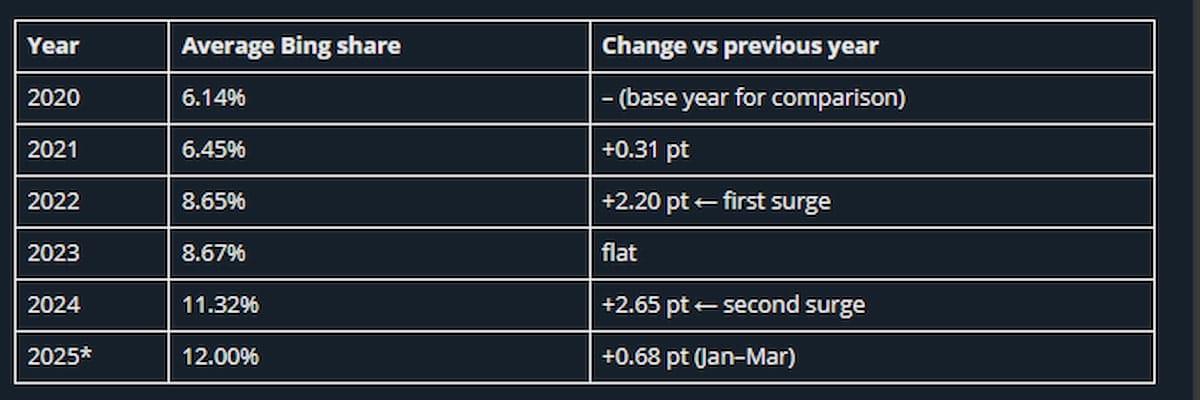
Much of this surge in Bing’s share can be attributed to Microsoft’s aggressive advertising campaigns for Edge and Windows 11, along with the impact of Copilot AI. These efforts have certainly played a role in Bing’s increased visibility and use.
At the same time, Google’s search quality has been called into question in recent years. Media outlets like Bloomberg have reported on growing dissatisfaction among users, who feel that Google now rewards spammy sites and low-quality content.
In fact, according to Statcounter data from January 2024, Google held a market share of 81.95%, while Bing was at 10.51%. This shows that Google’s share has dropped by about 8 percentage points in just five years, a notable decline that reflects changing user sentiment.
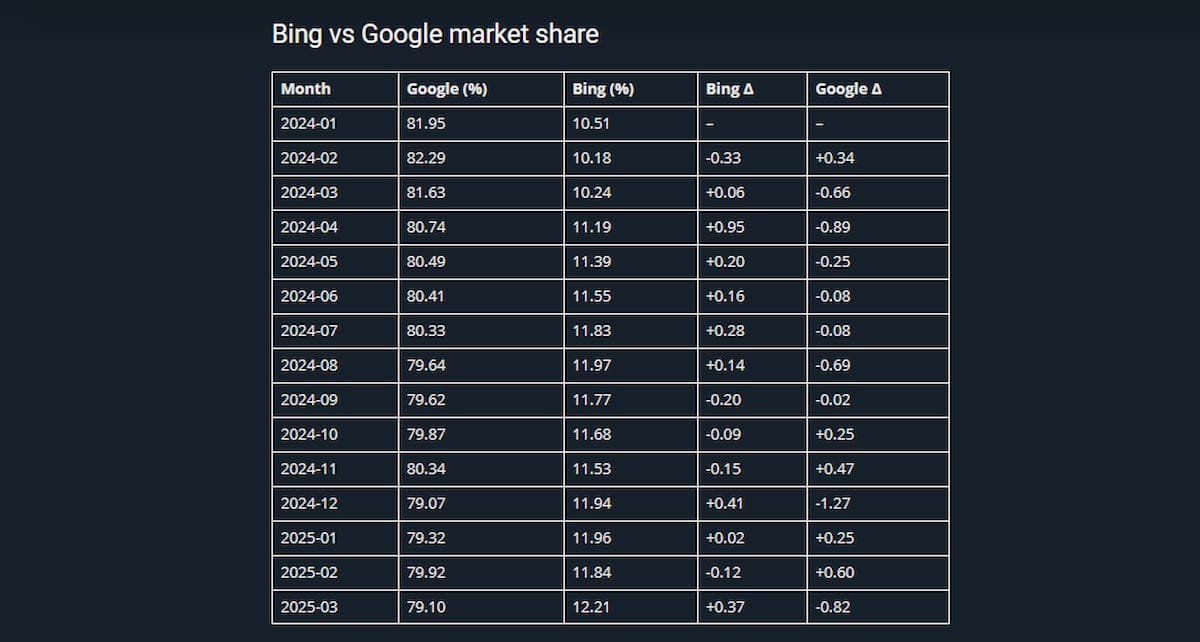
It’s important not to overstate these numbers or jump to conclusions about Google being on the verge of collapse. For Bing to truly become a major competitor, it would need to deliver something extraordinary to outpace Google.
However, it’s undeniable that Bing has been offering better quality search results compared to Google in recent times, and much of that improvement can be attributed to the integration of Copilot AI.
Microsoft has certainly been aggressive in promoting Bing, employing some questionable tactics, like pushing users toward its search engine through certain practices and using an interface that closely resembles Google’s to nudge them into switching. These strategies have drawn criticism and sparked controversy.
That said, it’s impossible to ignore the significant strides Microsoft has made in improving Bing. While it’s not yet a direct threat to Google in the search engine world, Bing has gradually become a more credible alternative, and with time, it could continue to chip away at Google’s dominance. There’s still a long way to go, but the progress is evident.

